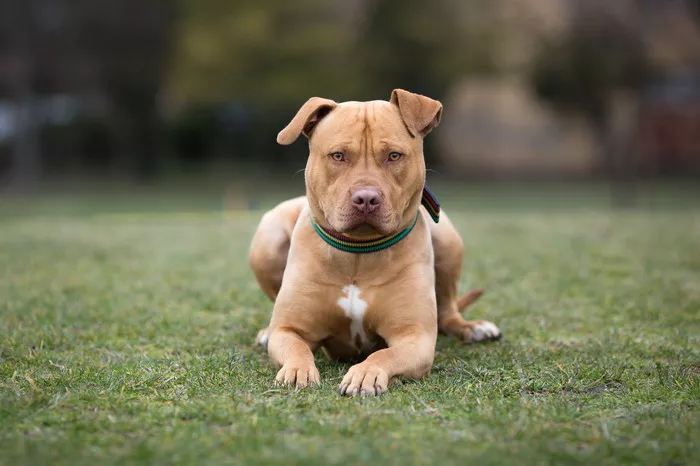As dogs age, their care requirements change significantly to maintain their health, comfort, and happiness in their golden years. Senior dogs often face various health challenges, including reduced energy levels and joint issues. Recognizing when your dog enters their senior phase—typically in the last third of their life expectancy based on breed and size—is crucial for adjusting their care.
Understanding Care Needs for Senior Dogs
As dogs transition into their senior years, they encounter various challenges that require tailored care. This includes changes in metabolism, energy levels, and potential health issues. Here are essential tips to ensure your senior dog remains happy and healthy.
Senior Dog Diet Plan
As dogs age, their metabolism slows, often resulting in a need for fewer calories. A well-balanced diet is vital for maintaining health.
Low-Fat, High-Fiber Diet: Senior dogs typically benefit from food low in fat but high in fiber to aid digestion. Specially formulated senior dog food can provide the right balance of nutrients essential for joint health, maintaining muscle mass, and promoting a healthy weight.
Monitor Weight: Obesity is a common issue among older dogs and can exacerbate joint problems or lead to additional health concerns like diabetes. Regularly weigh your dog and adjust their food portions accordingly.
Include Supplements: Consult your veterinarian about incorporating supplements such as glucosamine and chondroitin for joint support, along with omega-3 fatty acids to promote a healthy coat and reduce inflammation.
Keeping Your Senior Dog Active
While older dogs may not have the same energy levels as their younger counterparts, staying active is crucial to prevent muscle loss and maintain mobility.
Short, Gentle Walks: Frequent short walks can help prevent stiffness and improve circulation.
Low-Impact Activities: Swimming is an excellent low-impact exercise that is easier on your dog’s joints, especially if they suffer from arthritis.
Mental Stimulation: Engage your senior dog with puzzle toys and new challenges to keep their minds sharp. Mental engagement can also help reduce the risk of anxiety or depression.
Regular Veterinary Visits and Health Monitoring
As dogs age, they become more susceptible to various health issues such as arthritis, heart disease, and dental problems. Regular veterinary check-ups are essential for early detection of potential illnesses.
Vet Appointments: Schedule veterinary visits at least twice a year to monitor your dog’s overall health. Blood tests, dental examinations, and physical check-ups can help identify problems before they escalate.
Dental Care: Poor dental hygiene can lead to painful gum disease and tooth loss. Regular brushing or dental treats can help maintain oral health, but professional cleanings may also be recommended by your vet.
Monitor Changes: Keep an eye on your dog’s behavior, weight fluctuations, or signs of discomfort. Early detection of health issues can significantly improve the management of age-related conditions.
Comfortable Living Arrangements
Older dogs often experience joint pain and reduced mobility, so creating a comfortable living environment is essential.
Supportive Bedding: Provide a soft, orthopedic bed to cushion their joints. Heated beds can also help alleviate arthritis pain during colder months.
Ramps and Steps: If your dog struggles with stairs or jumping onto furniture, consider installing ramps or steps to facilitate easier movement.
Accessible Food and Water Bowls: Ensure your dog’s food and water bowls are easy to reach. Elevated bowls can be particularly beneficial for dogs with neck or back pain.
Maintaining Routine and Mental Well-Being
Senior dogs thrive on routine, which offers them a sense of security. Sudden changes in their daily schedule can lead to anxiety or confusion, so it’s best to keep feeding, walking, and bedtime routines consistent.
Mental Engagement: Involve your dog in activities they enjoy, such as short training sessions or interactive toys, to help keep their mind sharp.
Gentle Grooming: Regular grooming not only helps your senior dog look their best but also provides an opportunity to check for lumps, bumps, or skin issues.
Love and Attention
Never underestimate the importance of love and companionship. Senior dogs may need more rest, but they still crave affection and attention. Spend quality time with gentle play, cuddles, and reassurance, especially if they face health issues affecting their mood or energy levels. This emotional bond is vital for their overall well-being.
Related topics:
Newfoundlands and Shih-Tzu Form Adorable ‘Three Musketeers’ Trio
Investigation Launched After Dog Falls from Sixth Floor in Monteverde
Study Reveals Dingoes Descend from East Asian Ancestor


